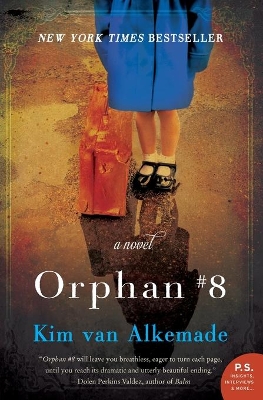
Whitney @ First Impressions Reviews
Written on Sep 28, 2018
- The author draws you in with shock and awe plot twists such as, the reason why Rachel and her brother were put in an orphanage. However, once the shock has disappeared there is little left to keep one reading on.
- Rachel's reminiscences grow repetitive and long-winded. and because of the continuous rehash of the abuse of x-rays that the book becomes tedious with a need to move the story along.
- I felt the author was trying to garner sympathy or compassion for Rachel's plight. Unfortunately, I only felt annoyance due to the lack of development in her character and inability to take action
- A strong section of the book is devoted to Rachel's relationship with her long-term girlfriend. I don't have a problem with that, but I felt it was a sub-plot that did not add to the story and merely wasted paper.
- The scenes between Rachel and Dr Solomon were much too short and wished they had shed more light on the doctor who preformed these experiments as I think it would have greatly enhanced the development of her character.
- A good historical fiction novel usually leads me to research the subject and see how much was fact and I felt no need to do this at the novel's end. I felt the author said all that needed to be said which in the case was a deterrent.
- Another pointless sub-plot was between Rachel and her uncle who she lives with after leaving the orphanage. On his side it develops into a romance and just felt icky. I was relieved that Kim van-Alkemade decided to kick that one in the butt but, by doing so I didn't understand the point of including it in the first place.
- The ending was anti-climatic. With all the build-up to Dr Solomon's death it created an "Oh that's it" conclusion.
This review was originally posted on First Impressions Reviews
